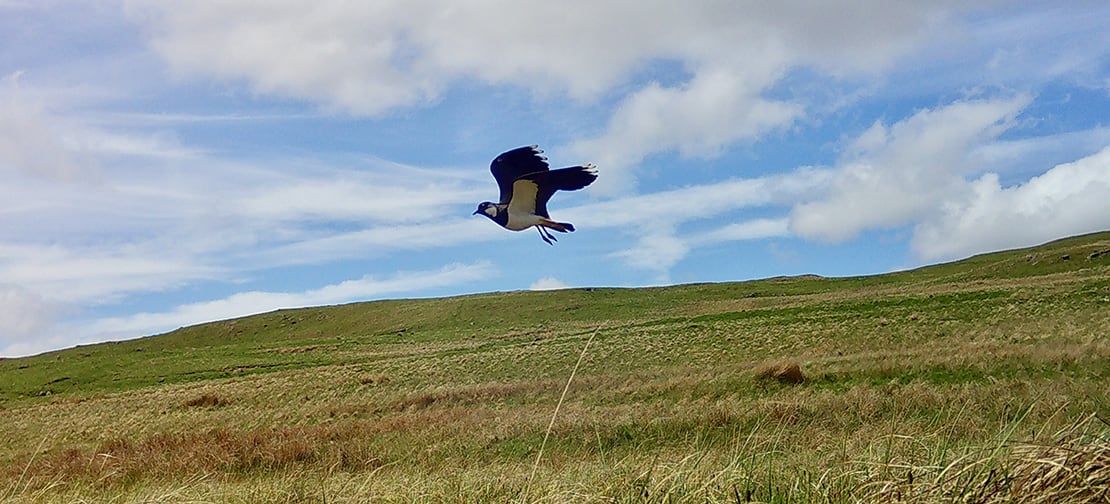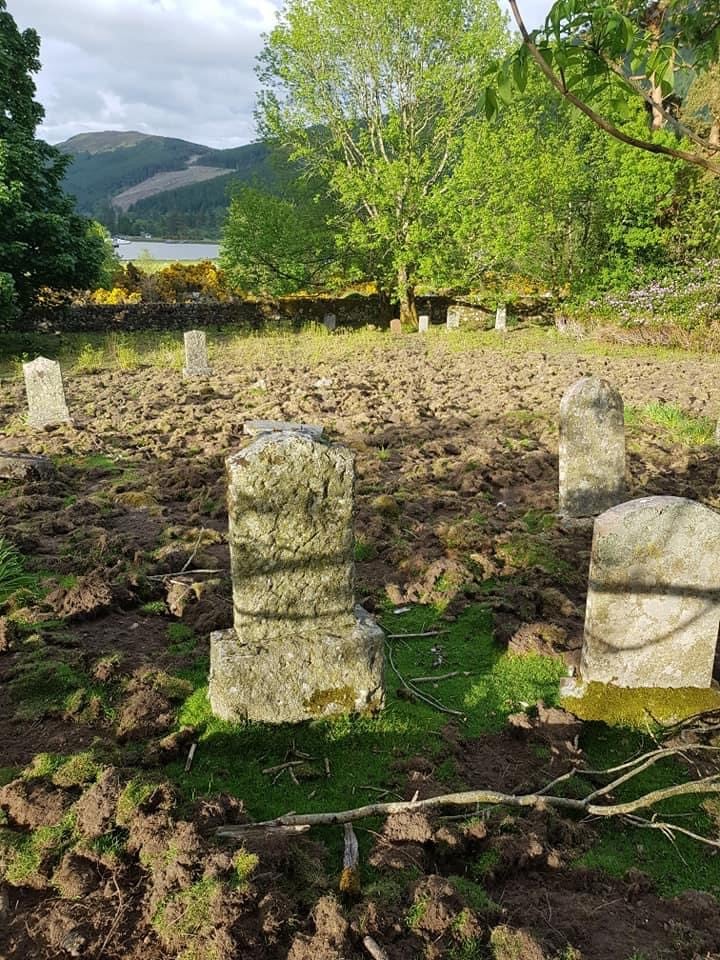
Scotland is failing to tap into a rich conservation resource because it discriminates against the knowledge held by people who work the land.
That is the view of Scotland’s gamekeepers, who have launched a Parliamentary petition asking that local knowledge be officially recognised and incorporated into Scottish environmental policy.
Local knowledge, embedded in life practice, is recognised by the International Union for the Conservation of Nature for its contribution to healthy ecosystems.
With biodiversity loss focusing government minds globally, there is growing recognition that land working communities can be at the forefront of positive change at local level.
However, the Scottish Gamekeepers Association (SGA) believes that the way Scotland’s political system deals with environment decisions marginalises land managers by favouring scientific knowledge.
They say a fundamental change is required in how decision makers engage and tap into the deep knowledge held by the likes of gamekeepers, farmers and crofters, who work the land daily.
Only by giving equal weight to the two different knowledge systems, side by side, can they achieve environmental targets and prevent further species loss.

SGA Research Lead Helen Ferguson
“We are missing a whole dimension of knowledge in conservation by only seeing things through one lens,” said Petitioner, Helen Ferguson, who has done previous work into stigmatisation of rural workers.
“A privilege is given to the scientific method in Scotland yet people on the ground have acute observational knowledge. They see changes in local environments quicker than anyone else but the respect for that knowledge is presently lacking and gets dismissed as anecdotal.
“That is wrong. There are many ways to acquire knowledge and this is the way local knowledge is accumulated.”
She added: “Rural workers are often asked to fill in multi-page consultations on important environmental policies. The language used is mumbo jumbo to them.
“It favours NGOs who have time, support, resources and are already engaged with the policy terminology. Land managers acquire deep knowledge differently at local level by working daily in these environments but this resource remains untapped because they can’t put their language into the dominant policy framework being used. It is not set up to cater for them.
“That increases their sense of alienation. The decisions feel as if they are imposed rather than it being an equal process beneficial to all.”
With Scottish Government committed to Net Zero carbon emissions by 2045 and a new Biodiversity Bill currently being developed, the SGA feel land workers have the skills to help deliver.
They think a different approach, where local knowledge and science work as equals, would help achieve targets and prevent mistakes which can prove costly for species- and tax payers.
They point to warnings given by land managers a decade ago over the loss of Capercaillie, sadly coming to pass today despite millions being spent on failed conservation solutions.
Previously, Government failed to act on early warnings by land managers regarding the impact hedgehogs were having on the eggs and chicks of wading birds in the Uists.
An emergency rescue trapping plan, implemented years later, cost over £5m and gamekeepers and farmers have also been warning about unchecked impacts of wild boar expansion (see image below).

Wild boar damage to Kilfinnan Cemetery containing Commonwealth War Graves
“These are just some examples but the petition will strike a chord with all land managers who have sat in meetings for decades knowing their views will not make the final cut in policy papers.
“Change is needed, with local knowledge officially recognised,” said SGA Chairman Alex Hogg, MBE.
To sign the Petition, go to: https://petitions.parliament.scot/petitions/PE1966
Further Reading
Where local knowledge is presently recognised:
Local knowledge is rich knowledge resulting from close association with the land and nature. Reflecting place and identity, local knowledge is embedded in life practice and encompasses biological and ecosystem knowledge.
There are different ways of knowing; local knowledge, often generational knowledge contrasts with the dominant form of knowledge, the scientific method, currently favoured in decision-making and policy in Scotland.

Petitioner submission of 7 September 2022
PE1966/A: Formally recognise and incorporate local knowledge in Scottish Government policy
Local Knowledge
Local knowledge is often considered inferior to scientific knowledge. Formal recognition of local knowledge would contribute to egalitarianism within the conservation arena.
Epistemology, the study of knowledge, reveals there are different ways of knowing, through learning and reason, through the senses and from social and environmental interaction. Many knowledge systems are recognised globally; cultural, traditional, local, experiential, folk, indigenous and scientific knowledge.
In the interests of this petition, local knowledge could be considered as the extensive and unique skill-set and pragmatism, experience and know-how, often acquired over generations, which provides an invaluable toolkit contributing to Scotland’s heritage and biodiversity. This cultural capital is intrinsically connected to the economy and the well-being of Scotland’s people. Local practitioners with extensive local knowledge and wide-ranging competencies contribute to habitat management, peatland restoration and wildfire mitigation. Their observational skills and insight provide invaluable first-hand data pertaining to species loss and biodiversity threats.
Professor Sir Partha Dasgupta considers local knowledge is fundamental to safeguarding biodiversity and healthy ecosystems. He maintains those who live and work in an area are the key players with specific local knowledge:
‘What the inhabitant of an ecosystem knows and can observe differs from what an agent from the national government knows and can observe’ (Dasgupta, 2021, Abridged version p.494).
Precedent
Following the successful online Rural Workers Protest #RWP21, an email was sent (24.03.2021) to The First Minister, Nicola Sturgeon, requesting local knowledge be formally recognised.
The response received failed to acknowledge the full conceptual understanding of local knowledge per se. It failed to recognise the current marginalisation of the rural workforce and power imbalance resulting from the elitist platform currently afforded the scientific community. It also failed to appreciate the extent to which local knowledge underpins positive outcomes for climate change and biodiversity in Scotland; net zero by 2045 and halting biodiversity loss by 2030.
The Scottish Government previously funded initiatives that recognise local knowledge. Understanding Predation, launched in 2016, aimed to integrate several types of knowledge to understand predation impacts on declining moorland species and reduce conflict. The follow-up project Working for Waders endorsed collaborative working. Yet, there is no formal recognition by the Scottish Government or its representatives, of the vital role that local knowledge plays in conservation objectives in Scotland.
Currently, the conservation arena is dominated by academia and the scientific elite, an arena which is distanced from the practical daily routine and reality of the rural practitioner. This distance can result from the concept of knowledge, where academia is given greater credence and recognition than traditional local knowledge, skills and expertise. This comes at a cost to both the taxpayer and biodiversity.
For many years, local practitioners expressed concern regarding conservation practices to safeguard the endangered Capercaillie. Repeatedly, they advised that much of the problem was due to predation and disturbance. Constantly, their observations and advice were ignored. However, their concerns were upheld when the results of the recent scientific report, Review of Capercaillie Conservation and Management – Report to the Scientific Advisory Committee, were published for it confirmed what they had known for decades; predation and disturbance contributed to the demise of this Scottish species:
Considerable investment estimated at over £10 million pounds since 2003, has been ploughed into safeguarding the population of Capercaillie. Despite this, since 2003, the population has dropped by over 50%. This iconic bird is now facing extinction.
Had the local knowledge that emphasised the need for effective predator manager and alteration to path networks been valued and acted on from the outset, perhaps the population of the capercaillie would be healthier than it is today, not to mention the public purse.
Summary
Currently, Scottish Government policy favours the hegemonic scientific method. Whilst this form of knowledge is essential, so too is local knowledge. It is not a dichotomy. When one form of knowledge dominates, the consequences are wide-reaching; biodiversity is compromised and structural discrimination leads to marginalisation, stigma and subsequent health problems.
Whilst consultations and meetings may be open to all, their participation is skewed in favour of the scientific method. Many rural practitioners are pragmatists; their work revolves around practical skills, observation and direct application. Whilst experts in their own field, they are not necessarily experts in articulating a comprehensive written or oral response to what are often hypothetical or irrelevant questions.
Scotland’s heritage and traditions are an embodiment of local knowledge. It is imperative that this vital resource is formally recognised. Scottish Government targets to achieve net zero by 2045 and stop biodiversity loss by 2030 rely on local knowledge. It is relevant to a Just Transition, where no-one is left out and the National Outcomes: Human Rights, Environment, Communities and Economy as outlined in the National Performance Framework.